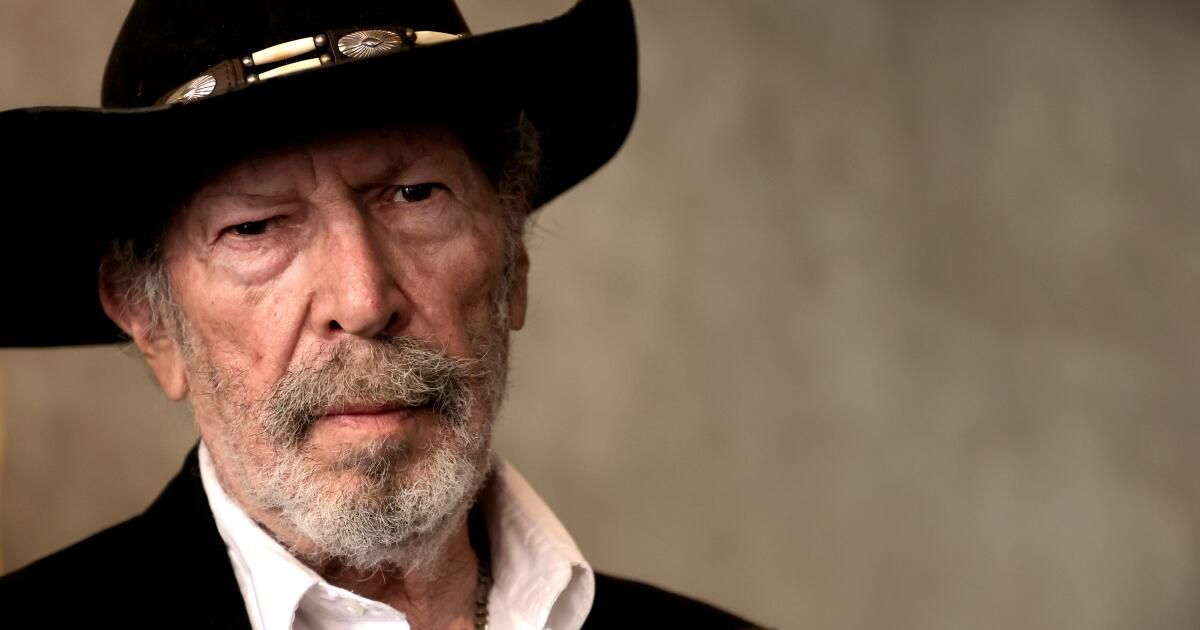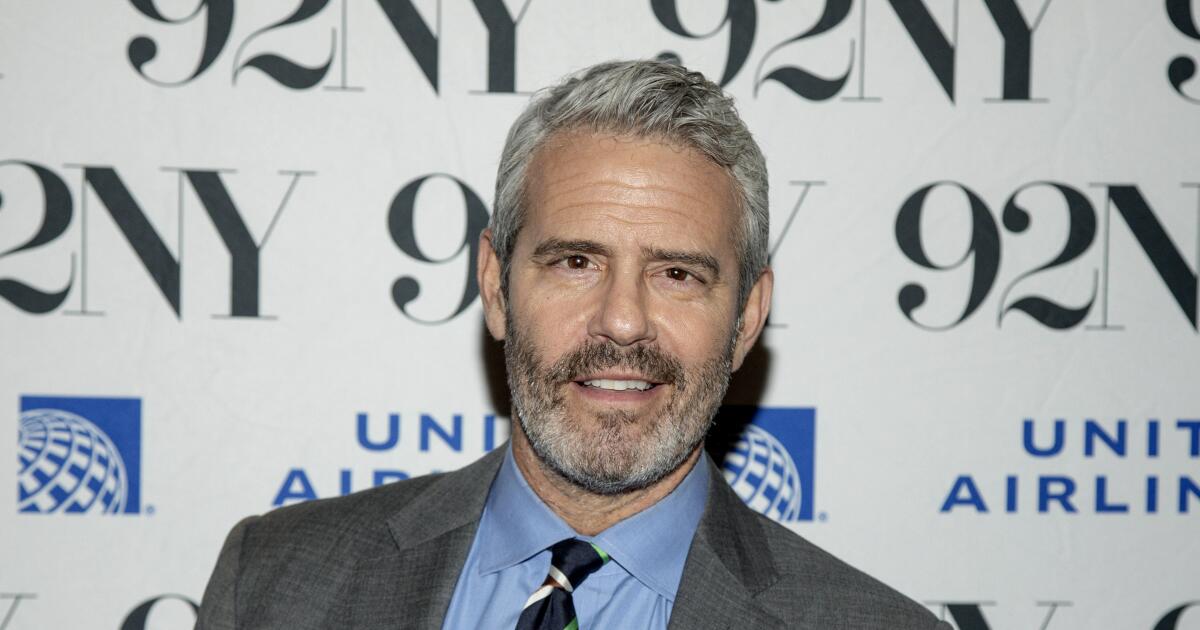Kinky Friedman, author, singer-songwriter and former Texas gubernatorial candidate, died Thursday after a years-long battle with Parkinson's disease. Friedman was 79 years old.
“He died peacefully,” his close friend Kent Perkins, who had known Friedman for about 50 years, told The Associated Press in confirming the death. He said Friedman died on his family's ranch near San Antonio.
“He smoked a cigarette, went to bed and never woke up,” Perkins said.
Perkins described Friedman as the “last free person on earth” and said he felt “irreverence toward him.” He was a fearless writer.”
Friedman, born Richard Samet Friedman in Chicago on November 1, 1944, caused a stir with his provocative and unapologetic nature, which became widely known when his band, Kinky Friedman and the Texas Jewboys, became successful in the 1970s.
The satirical country band released songs like “Drop Kick Me, Jesus, Through the Goal Posts of Life,” “Get Your Biscuits in the Oven and Your Buns in the Bed,” and “They Don't Make Jews Like Jesus Anymore.” “
But the band's daring nature apparently did not go down well with some.
“In 1973, the Texas Jewboys received death threats in Nacogdoches, received bomb threats in New York, and needed a police escort to escape radical feminists at the University of Buffalo,” the musician wrote in a personal essay for the September 2001 issue of Texas Monthly.
Friedman, nicknamed Kinky or the Kinkster for his curly hair, toured with Bob Dylan in 1976 as part of the Rolling Thunder Revue tour. In the 1980s, when his band's success had cooled, Friedman turned to a new venture: writing.
He wrote several crime novels set in New York, including “Greenwich Killing Time” and “Roadkill,” in which he played a detective. At the time of his death, Friedman had written more than 20 books.
Friedman, who joked that he needed “a job right now,” raised his profile when he challenged incumbent Republican Gov. Rick Perry in the Texas gubernatorial race in 2006, according to the Houston Chronicle.
The race became thorny. Friedman, one of the five candidates, was accused of racism for comments he made in 1980. He denied the accusations and said his style of humor was intended to provoke reactions.
“Offending people was the goal,” Friedman told the Houston Chronicle in 2006. “That’s what I did. That’s called social commentary, that’s called satire.”
He campaigned on support for gay marriage (“I think they have every right to be as miserable as the rest of us”) and prayer in schools (“What’s wrong with a kid believing in something?”), but ultimately came in last. Perry won re-election.
Reflecting on the race four years later, Friedman told The Times that more musicians should get involved in politics.
“If musicians ruled the country, we wouldn't do much in the morning, but we would work late and be honest,” he said. “When I'm in a room full of musicians, they're decent people, good people. The same cannot be said about politicians.”
And he was still proud of his gubernatorial campaign.
“By the way, we won that race,” Friedman said, “everywhere but Texas.”











